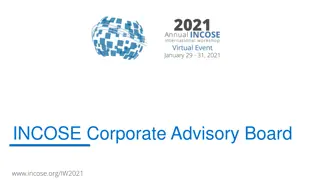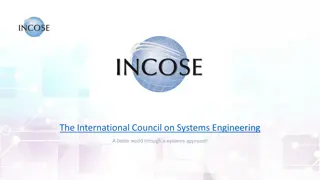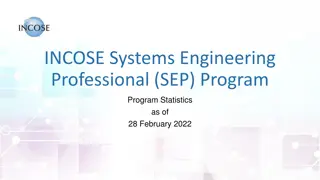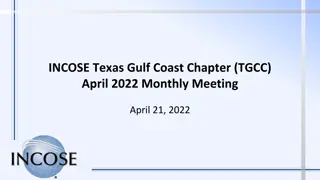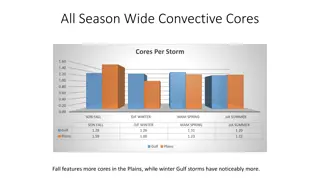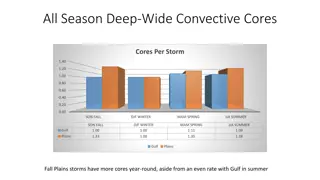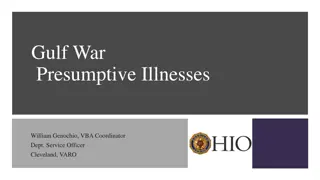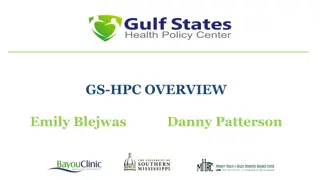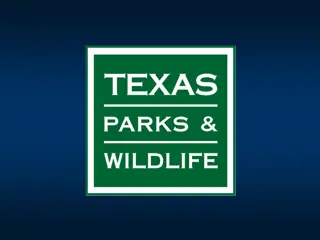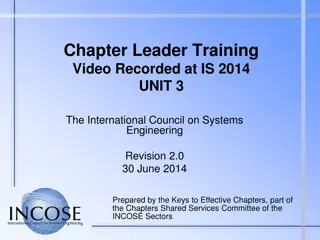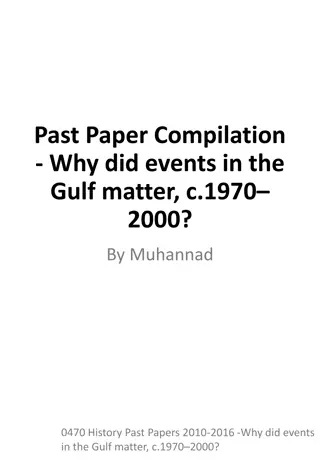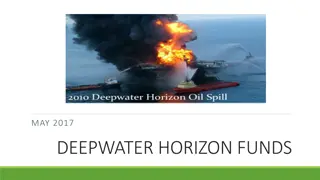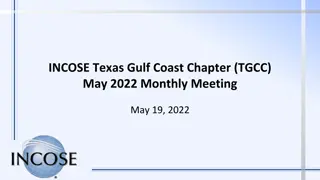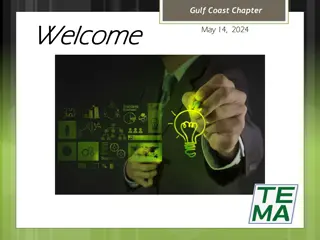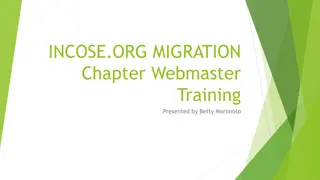INCOSE Texas Gulf Coast Chapter March 2022 Monthly Meeting Agenda
The INCOSE Texas Gulf Coast Chapter's March 2022 monthly meeting featured new members, survey results, key takeaways, and upcoming events. Learn about member interests, meeting topics, the Offshore Technology Conference, and future speakers.
Download Presentation

Please find below an Image/Link to download the presentation.
The content on the website is provided AS IS for your information and personal use only. It may not be sold, licensed, or shared on other websites without obtaining consent from the author.If you encounter any issues during the download, it is possible that the publisher has removed the file from their server.
You are allowed to download the files provided on this website for personal or commercial use, subject to the condition that they are used lawfully. All files are the property of their respective owners.
The content on the website is provided AS IS for your information and personal use only. It may not be sold, licensed, or shared on other websites without obtaining consent from the author.
E N D
Presentation Transcript
Climate Resiliency Workgroup Climate Research Needs Prioritization MARK BENNETT, U.S. GEOLOGICAL SURVEY CO-CHAIR, STAR CLIMATE RESILIENCY WORKGROUP JENNIFER DOPKOWSKI, NOAA CHESAPEAKE BAY OFFICE CBP CLIMATE RESILIENCY COORDINATOR December 7, 2018
2014 Chesapeake Bay Agreement CLIMATE RESILIENCY GOAL: Increase the resiliency of the Chesapeake Bay watershed, including its living resources, habitats, public infrastructure and communities, to withstand adverse impacts from changing environmental and climate conditions. Monitoring and Assessment Outcome: Continually monitor and assess the trends and likely impacts of changing climatic and sea level conditions on the Chesapeake Bay ecosystem, including the effectiveness of restoration and protection policies, programs and projects. Adaptation Outcome: Continually pursue, design and construct restoration and protection projects to enhance the resiliency of Bay and aquatic ecosystems from the impacts of coastal erosion, coastal flooding, more intense and more frequent storms and sea level rise.
Climate Resiliency Workgroup Strategic Review System request Develop a prioritized list of climate research needs for the Chesapeake Bay Program Addressing recommendations for BMP Siting and Design data/research needs Addressing the need to develop a prioritized list of specific data needs for use by Citizen Science Programs During the Management Board discussion, the ask was broadened to asking for STAC involvement in developing a prioritized list of climate research needs for the Chesapeake Bay Program
Climate Resiliency Prioritized List of Climate Research Needs Based on the Climate Resiliency Workgroup s (CRWG) previous science prioritizations that have been done over the last few years Two rounds of prioritization done by the CRWG
Climate Research Needs Design and function of BMPs under new climate reality 100 % * Better understanding of precipitation changes with regards to intensity, annual amounts, seasonal impacts, storm events and stormwater management 56% * Social Science - human behavior - implications of the human response (positive and negative) to climate change, flooding, sea level rise as well as motivation and needs of communities to adapt 50%* Better Understanding of sea level rise and subsidence impacts in changing climatic conditions 44%* *percent represents the number of high priority votes received for each topic out of the total number of votes
Climate Research Needs Green infrastructure performance including increased sediment due to climate change 33%* Changing Climate Conditions and their impacts on wetlands 19% * Climate Impacts to key aquatic fish species abundance, life cycle and habitat 13%* Changing climate conditions and their impacts on SAV 6%* Changing Climate conditions and their impacts on invasive species 0%* percent represents the number of high priority votes received for each topic out of the total number of votes
Climate Resiliency Workgroups request of STAC Weigh in on prioritization of climate science research needs Suggest research questions under the broader topics
Questions Mark Bennett Director, USGS West Virginia and Virginia Water Science Center (804) 261- 2643 mrbennet@usgs.gov Jennifer Dopkowski Climate Resiliency Coordinator Chesapeake Bay Program NOAA Chesapeake Bay Office (410) 267-5656 Jennifer.Dopkowski@noaa.gov






